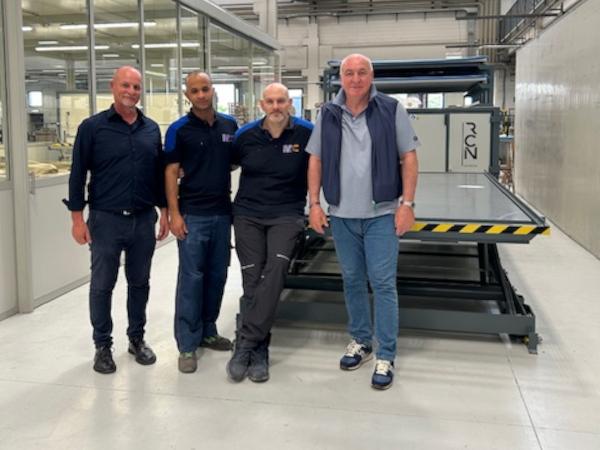
Date: 24 July 2024
It often happens that during a customer visit or installation, whether for Italian or international companies, customers share extraordinary work life stories.
RCN SOLUTIONS had the pleasure of serving MEC Srl in Lissone (MB). The company’s name is composed of the initials of the surnames of the two owners, Mariani and Colnaghi. MEC is a historic glazier company whose origins date back to 1952, a time when glass jobs were mainly manual and production software was unavailable. MEC’s development began in the Eighties and has continued over the years, reaching the present day with the third family generation.
Well-equipped with cutting lines, CNC machines, straight-edge machines, drilling and tempering equipment, MEC is capable of operating on two or three shifts, according to production requirements. They have followed technological progress closely, consistently replacing machines and improving the quality of their products. Located on a 12,000 sqm production area in a key zone where many important furniture workshops are positioned, MEC specializes in glass for furniture, glass wardrobe doors, and kitchens, all customized and manufactured based on custom projects. The company serves the most important names in the Italian and international markets, companies that require top-quality products.
MEC is particularly committed to sustainability. In 2009, before installing new technologies, the company decided to install automatic equipment for solid-liquid recycling and separation of water using manifolds and centrifuges. Alessio Colnaghi, one of MEC’s owners, is a dynamic person with great market knowledge. He explained that, with a view toward development, the owners chose an RCN laminating kiln, the Lammy System 210S, 2+2, size 2200x3800mm equipped with one lifting platform with a capacity of 1000 kg, in addition to one EVA-box with a cutting system with four internal positions, and one preparation table. This full optional setup dedicated to lamination allows in-house production with faster service and accurate products, ensuring customers receive quality and timely deliveries.
Moreover, EVA lamination allows coupling with other materials, not just glass to glass, but also glass to marble or stoneware, which is highly demanded in furniture and interiors and will be one of MEC’s future offerings. Even though it was not explicitly required, MEC deemed it important to install the laminating line in a clean room, keeping the working area clean and tidy, with controlled air and temperature. This setup aligns with the company’s production organization based on accurate and detailed process control.
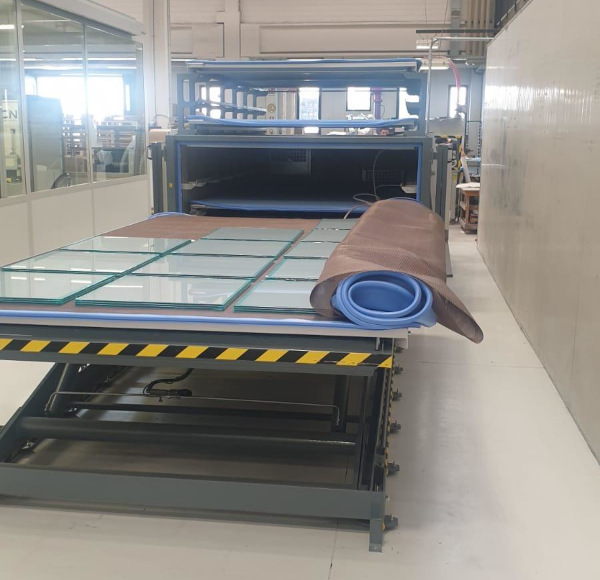
The Lammy System is a very versatile laminating system, well-adapted to all lamination needs, as kilns have different options among which customers can choose to maximize production. The demand for laminating systems is increasing as glaziers move towards specialized products and require machines for in-house production and quality control systems.
“I am very satisfied with RCN’s kiln and the service supplied upon installation,” said Alessio Colnaghi, who is very attentive to the internal training of his team regarding the production systems. “The kiln, in combination with RCN’s interlayer, REVA BF, laminates in a fast and efficient manner, making me revise my volume forecast.”
From the smallest to the largest sizes, glazier companies have stories to tell. Most are family stories, tales of sacrifice with different needs but several common points, particularly the willingness to improve. “We have a lot of things to do and develop. The idea is to dedicate a new department to semi-finished products, offer assembly services to our customers, and install increasingly technological machines to provide products with added value,” continued Alessio Colnaghi.
But this is another story, and RCN can do nothing but follow the example of the customer and cultivate the passion for doing.
 600450
600450

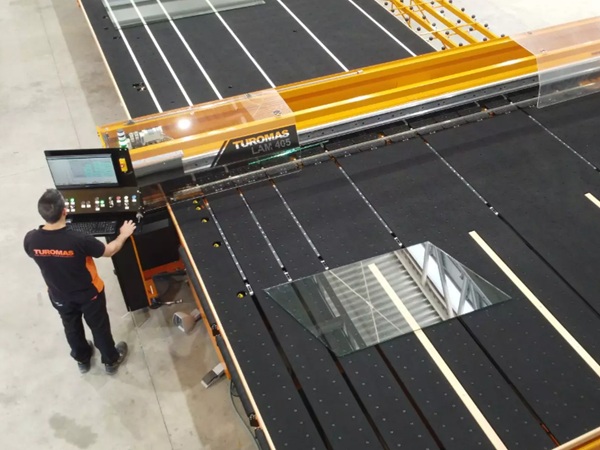

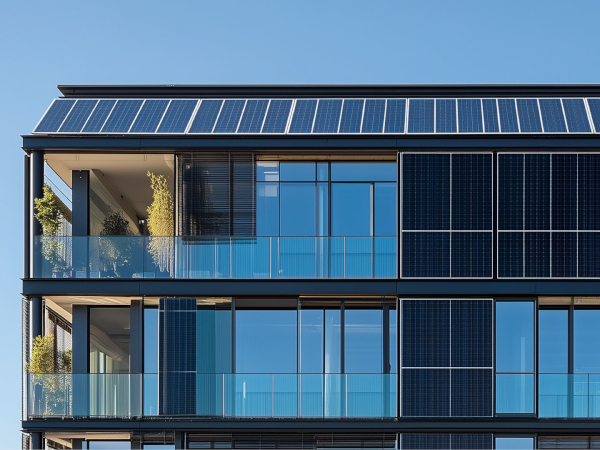
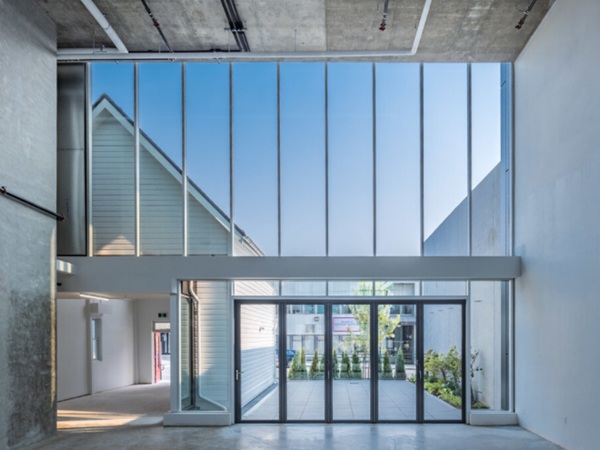
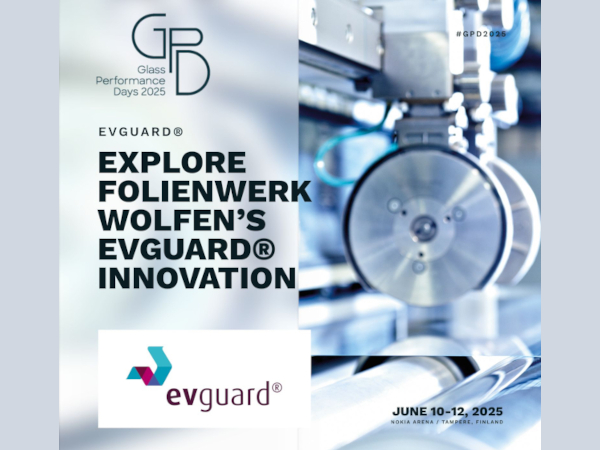
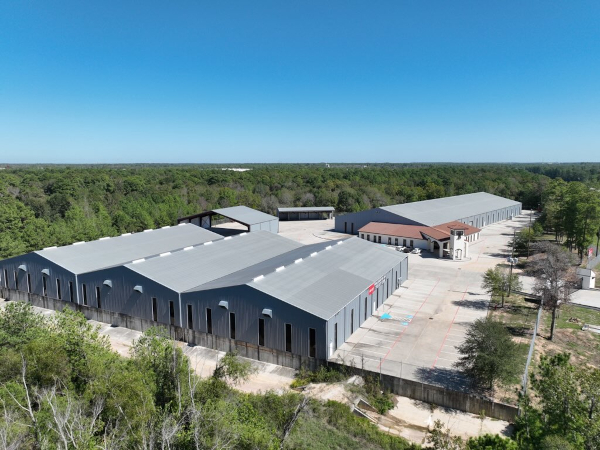









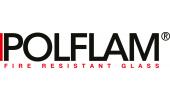













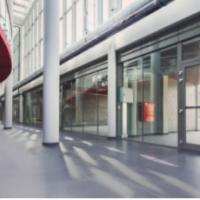
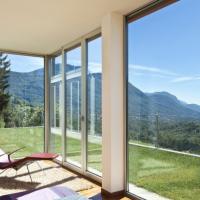
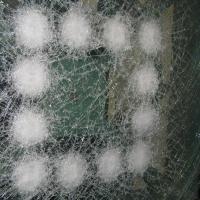
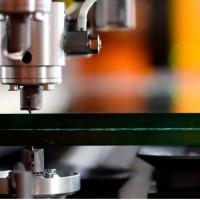

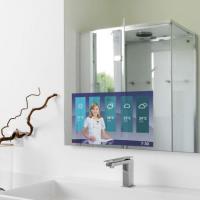
Add new comment